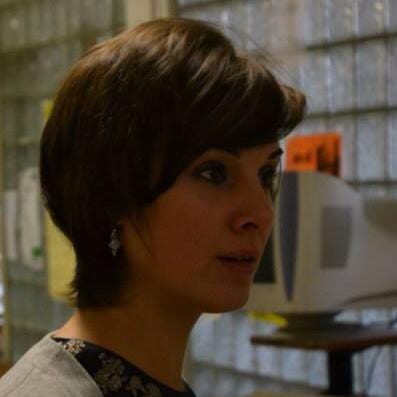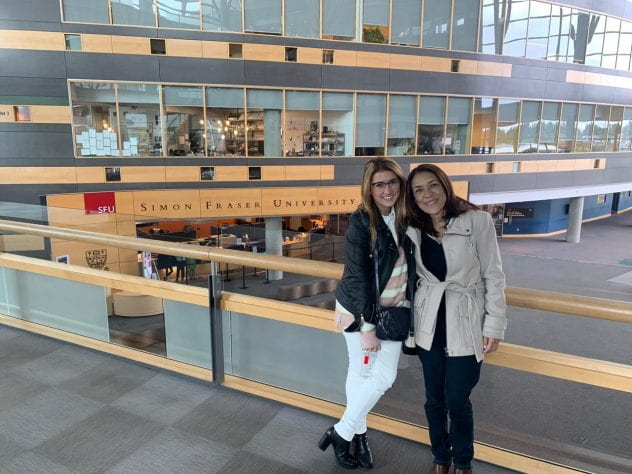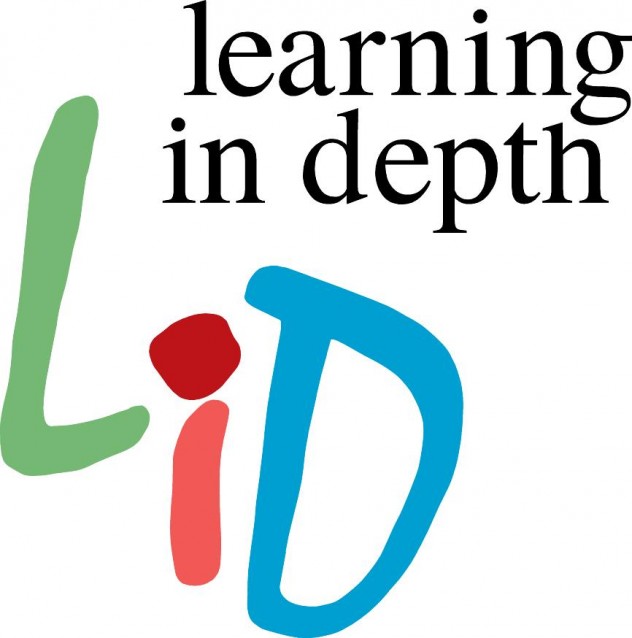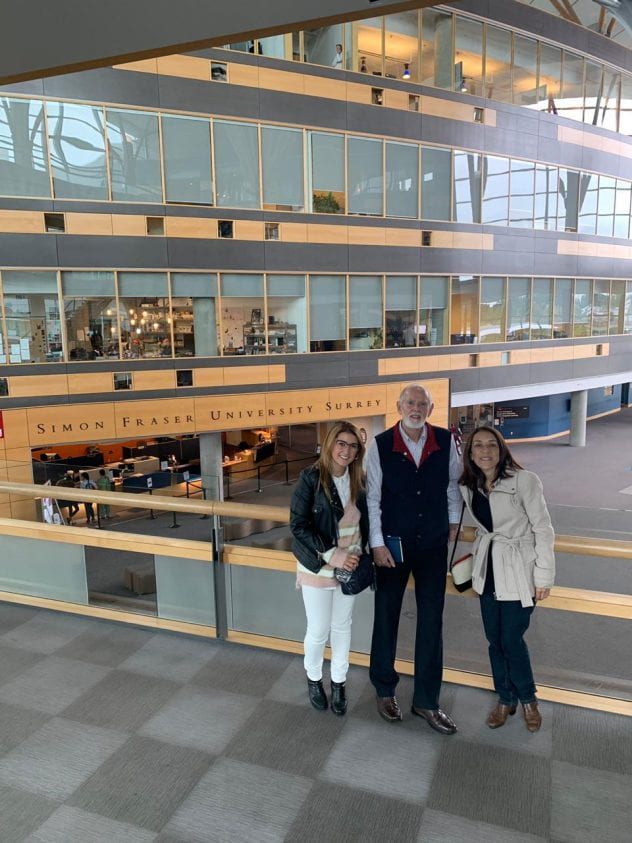 By Carolina Bergonzoni (LiD Research Assistant, CIRCE, PhD candidate in Arts Education)
By Carolina Bergonzoni (LiD Research Assistant, CIRCE, PhD candidate in Arts Education)
I met with Roberta and Taís Bento during their visit to Vancouver to define their role in bringing the Learning in Depth program (LiD for short) to Brazil. Roberta and Taís are the founders or SOSEducação, a project that helps teachers and parents find out which adjustments in the family routine have the highest impact on student learning.

After a degree in Business, Taís discovered her true passion in teaching children, and decided to follow her dreams, and started a YouTube channel for SOSEducação where parents can ask for help when their kids have trouble succeeding in their studies. Taís realized rather quickly that parents really needed help, and enlisted the aid of her mother, Roberta, an expert in education who holds a degree in Language Arts, who became the co-founder of  SOSEducação. Roberta and Taís believe in the importance of a student-centered approach to learning; in particular, they noticed how some skills (such as patience, commitment, and decision making) are getting lost in our fast-paced environment.
SOSEducação. Roberta and Taís believe in the importance of a student-centered approach to learning; in particular, they noticed how some skills (such as patience, commitment, and decision making) are getting lost in our fast-paced environment.
When schools began hiring them to help parents better support their children, Roberta and Taís started looking for a program to help kids use their imagination and creativity, and came across the work of Doctor Egan, and Learning In Depth. They were thrilled to learn about a program that connects life to the learning process, and that will support the students to be self-directed learners, decision makers, and to spark interest in their learning process. Thanks to Roberta and Taís, Learning in Depth will start in Brazilian International and bilingual schools; however, Roberta and Taís are hoping to bring it to all schools by translating the LiD kit.
I asked Roberta and Taís how they anticipate the LiD program will be received. They are very optimistic, especially since Brazilian schools are transitioning into a new curriculum that focuses on core competencies, such as critical thinking, leadership, and self-directed learning. Moreover, according to Roberta and Taís, teachers and parents are in need of tools and strategies to involve children, and help them perceive learning as part of their life.

We talked about the role of movement and the body in LiD programs and how not to neglect it as part of the discovery process, since it is the vehicle for learning, creativity, and curiosity. Taís and Roberta shared their excitement in how LiD does not focus on technology per se; it might be a tool or a medium, but LiD has space for the body and its natural inclination to discover the world through the skin and the senses.
To be the most successful, LiD requires as many stakeholders as possible on board in sharing the values; Taís and Roberta are clear on the importance of involving schools and parents to help their children to perceive learning as part of their life. What better way to do this than to introduce Learning in Depth in Brazil?! I am looking forward to following how LiD will evolve in Brazilian schools, and how the program will keep expanding and growing.
Next week, the first teacher training course on LiD will take place in Brazil.
Stay tuned to learn more about it!
Leave a comment to learn more about the LiD program–feeding the imagination and supporting curiosity through in-depth, self-directed learning.

